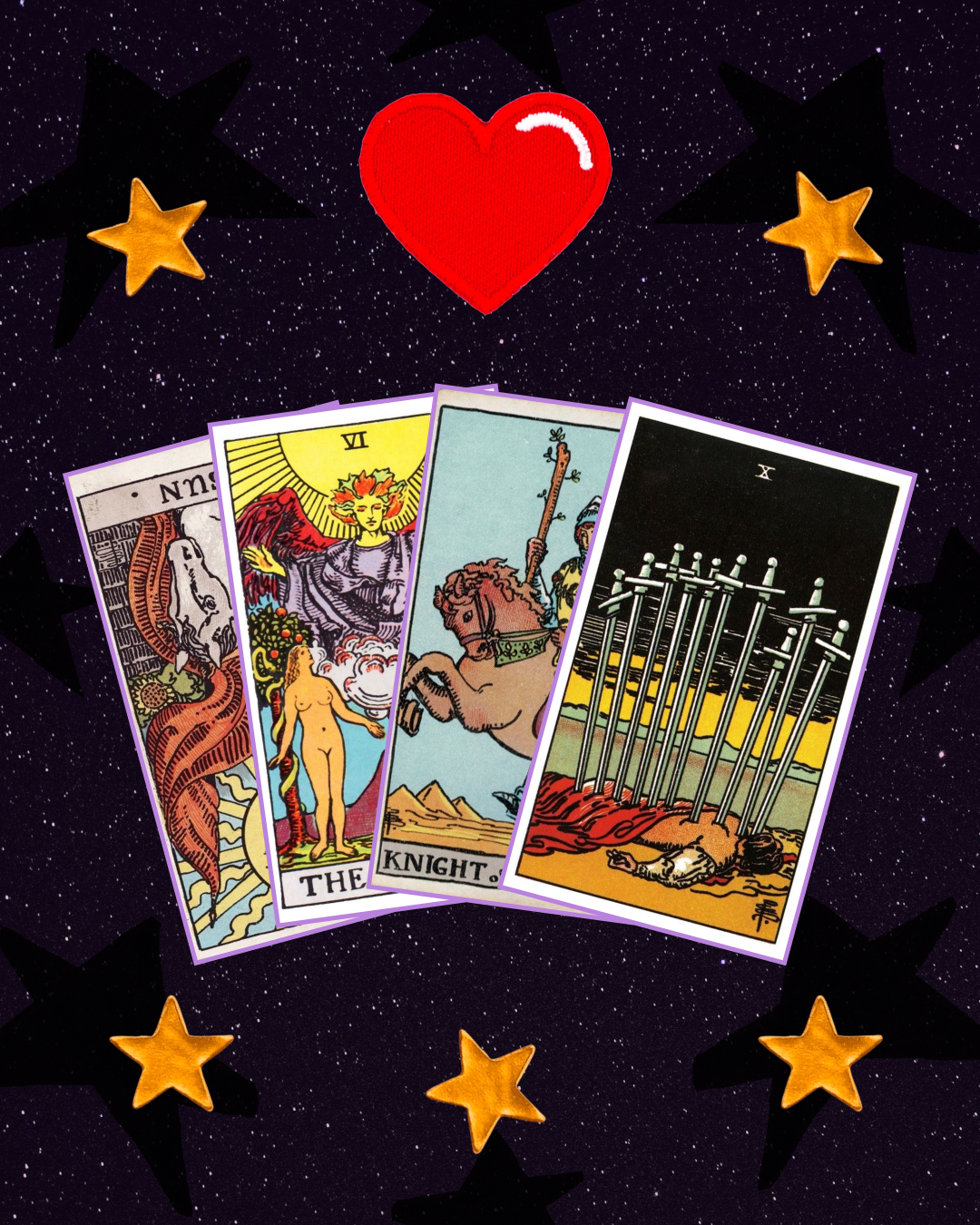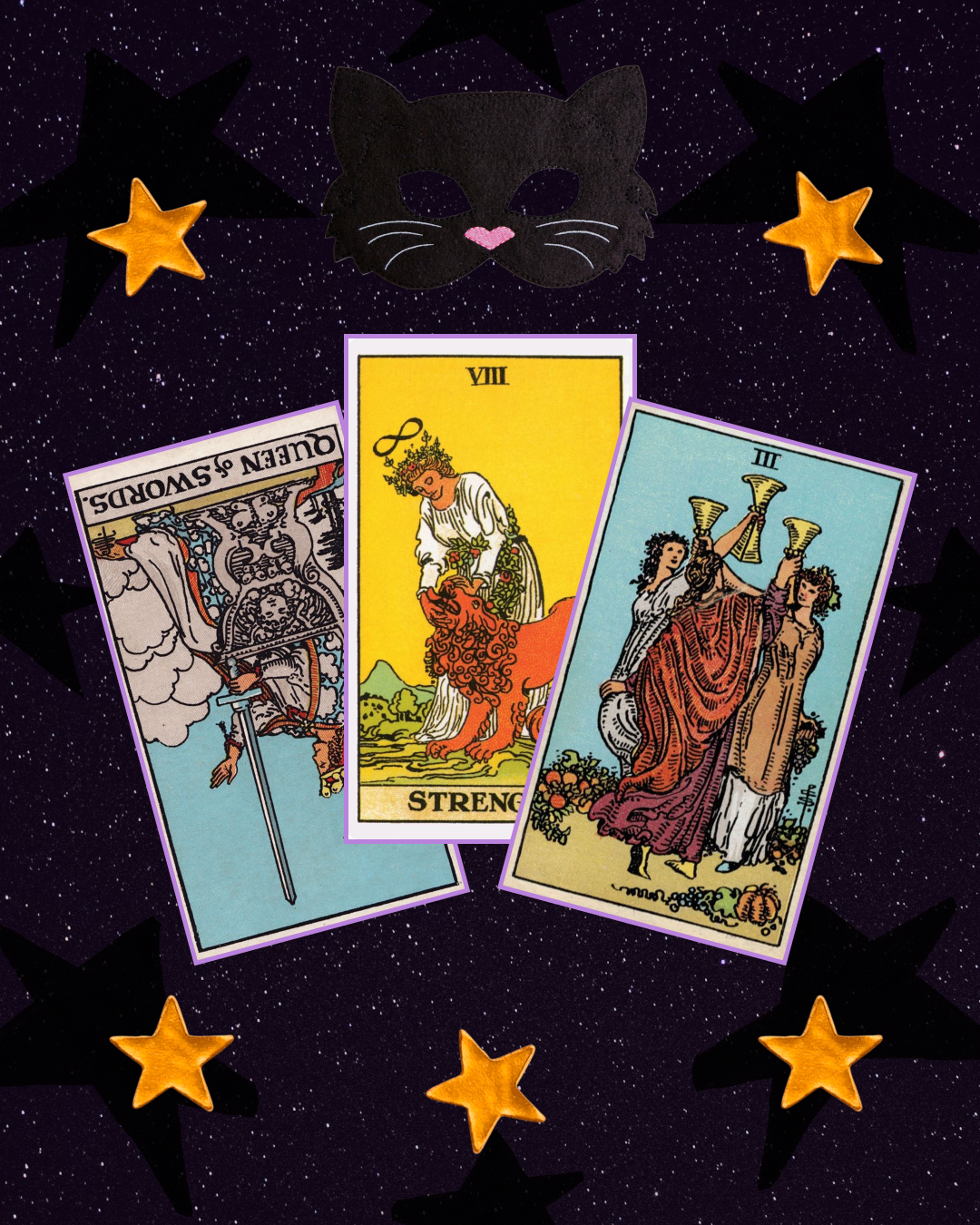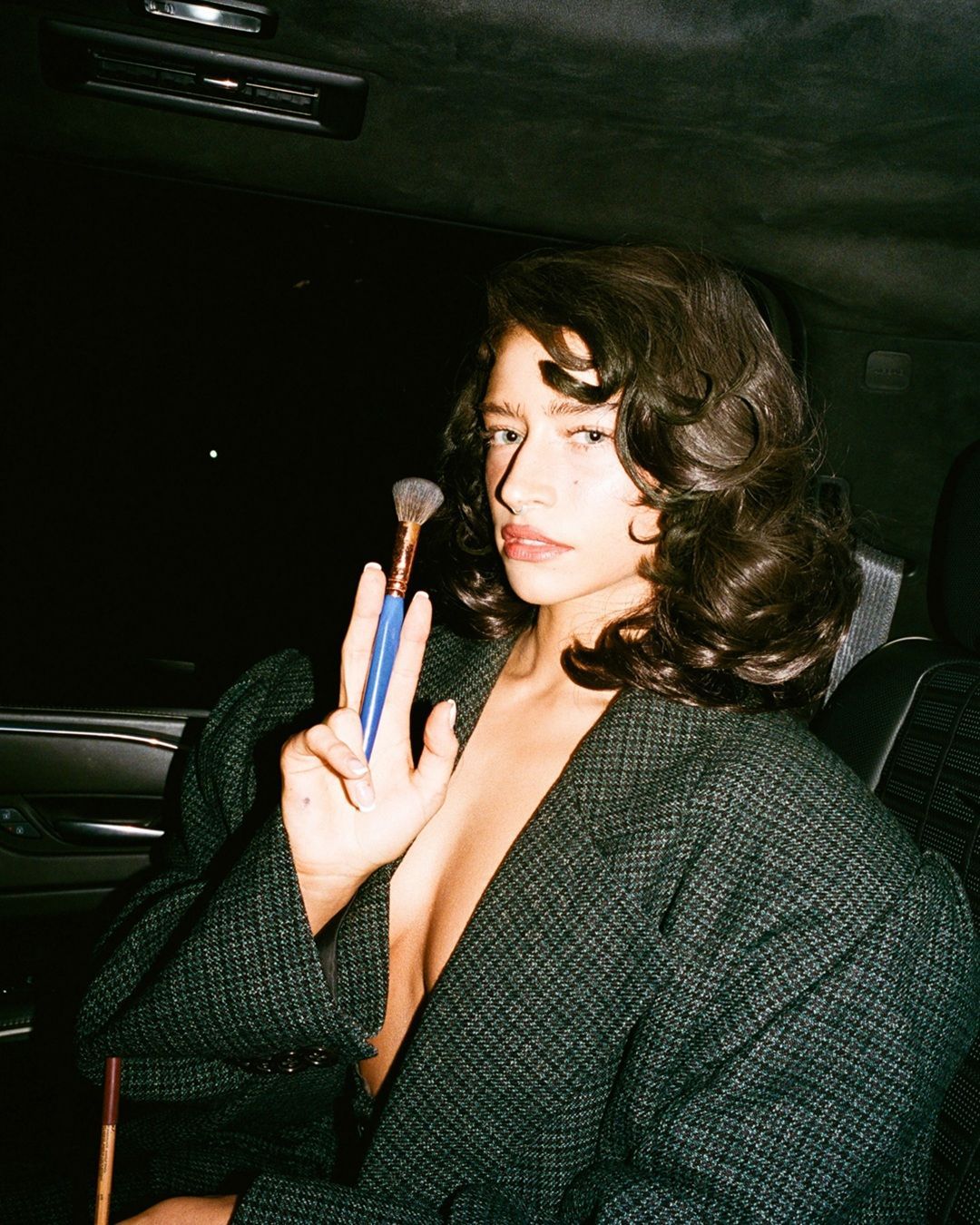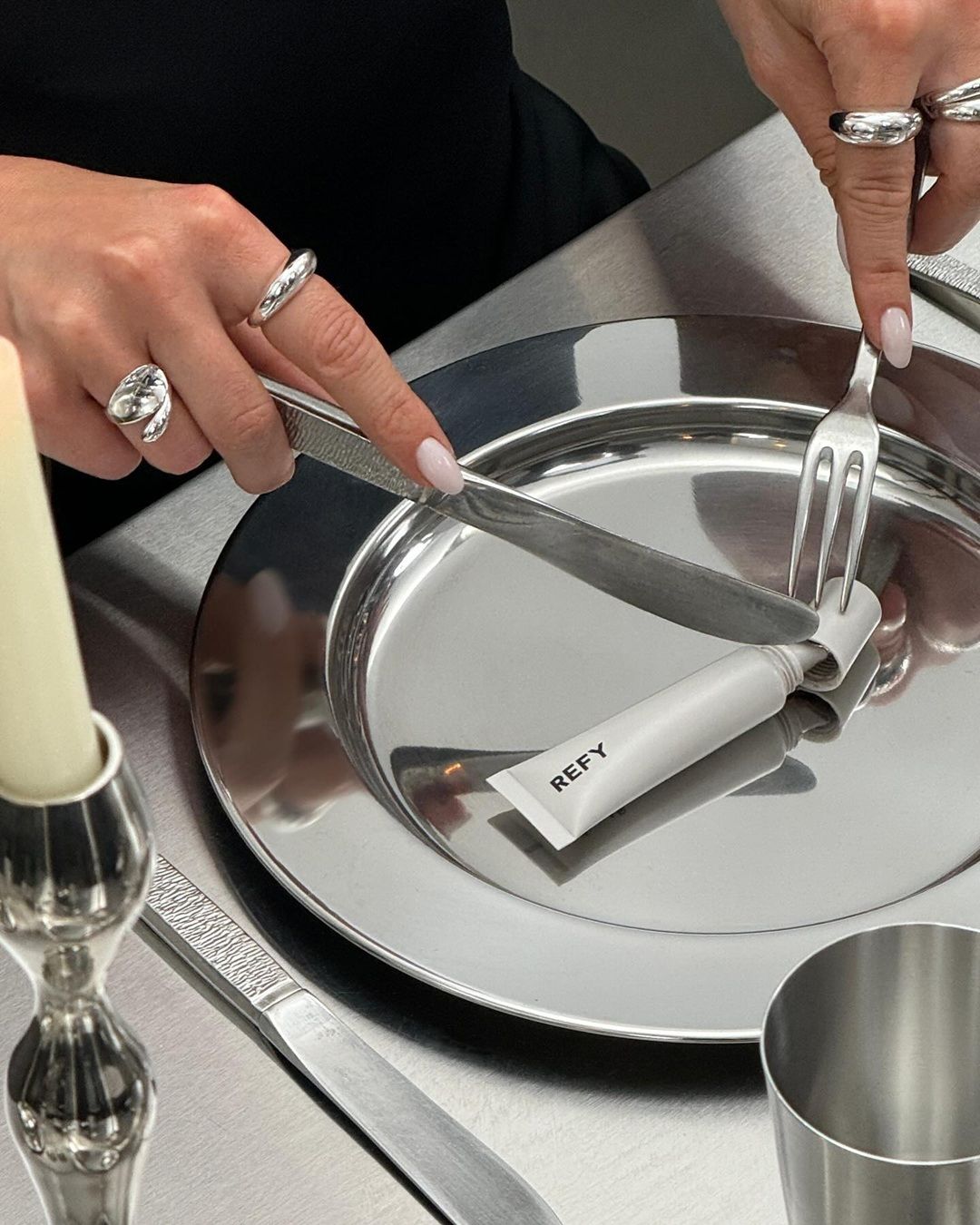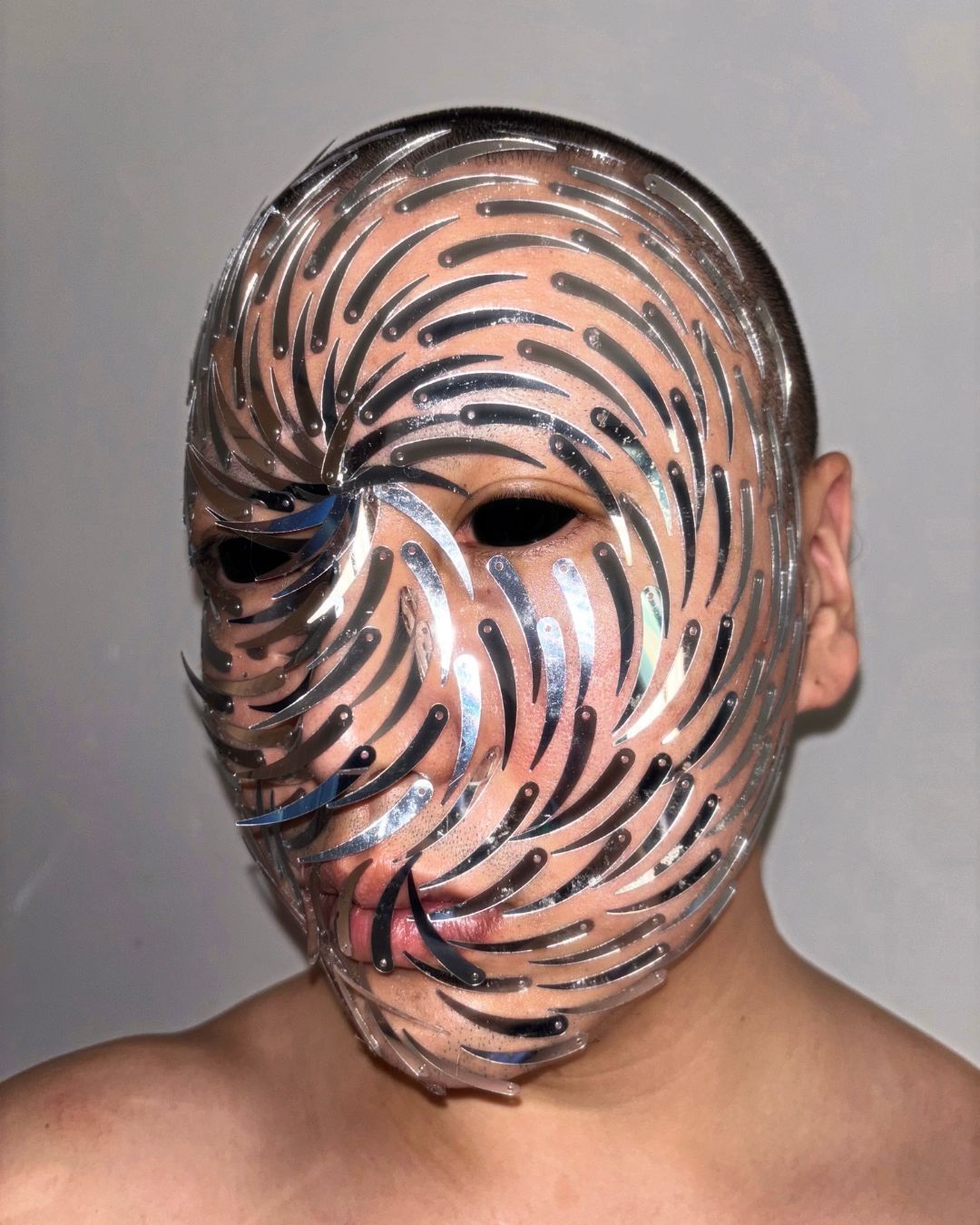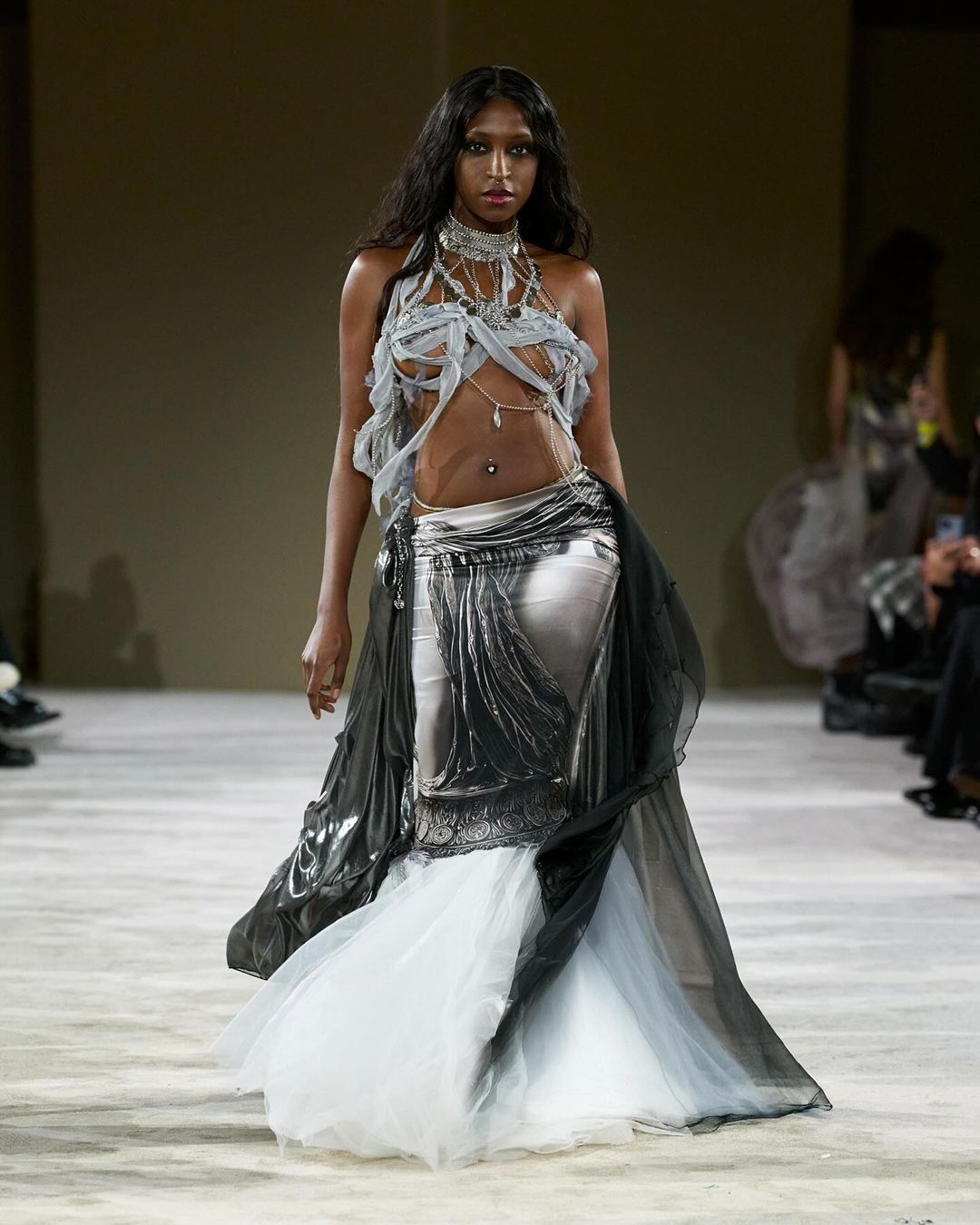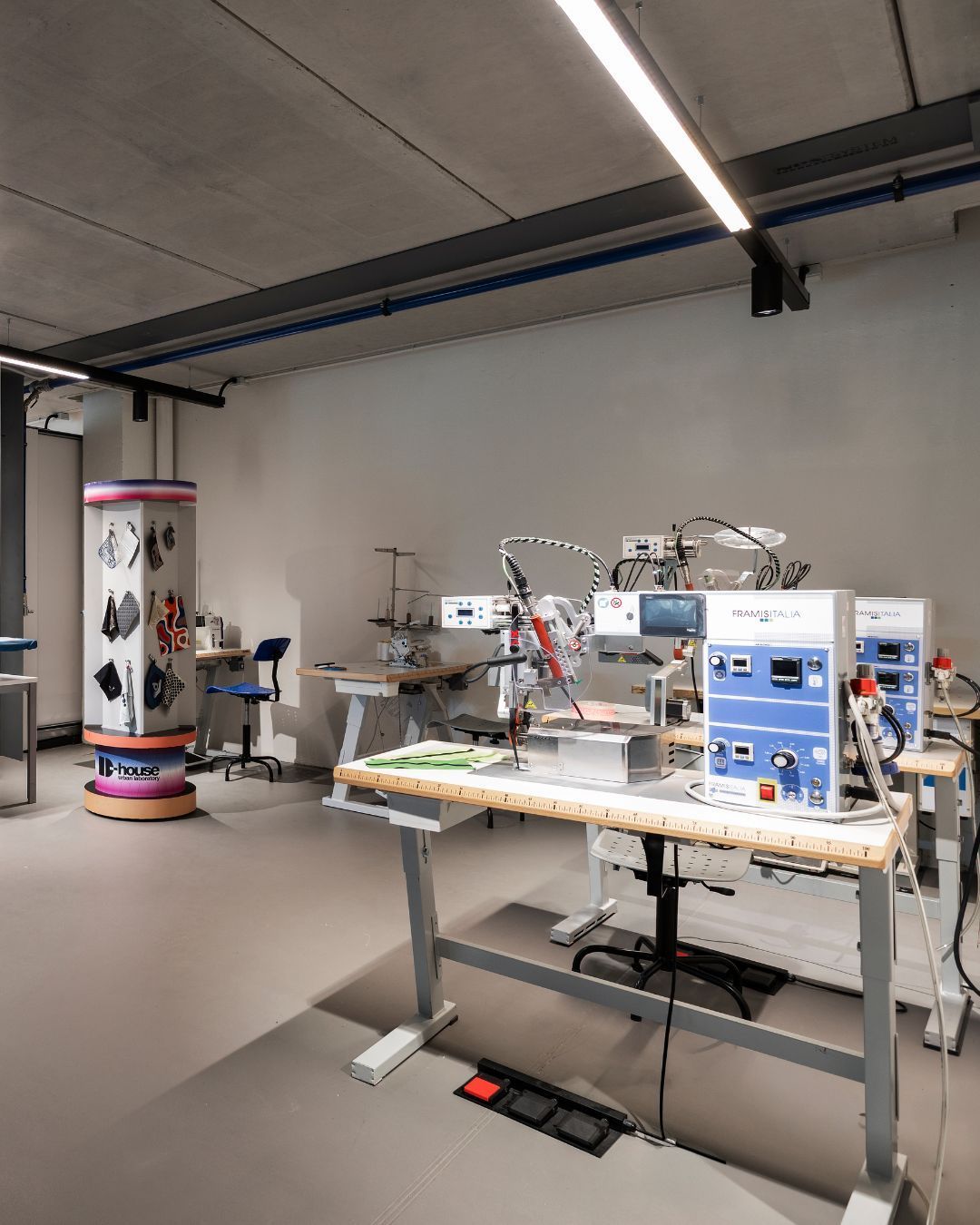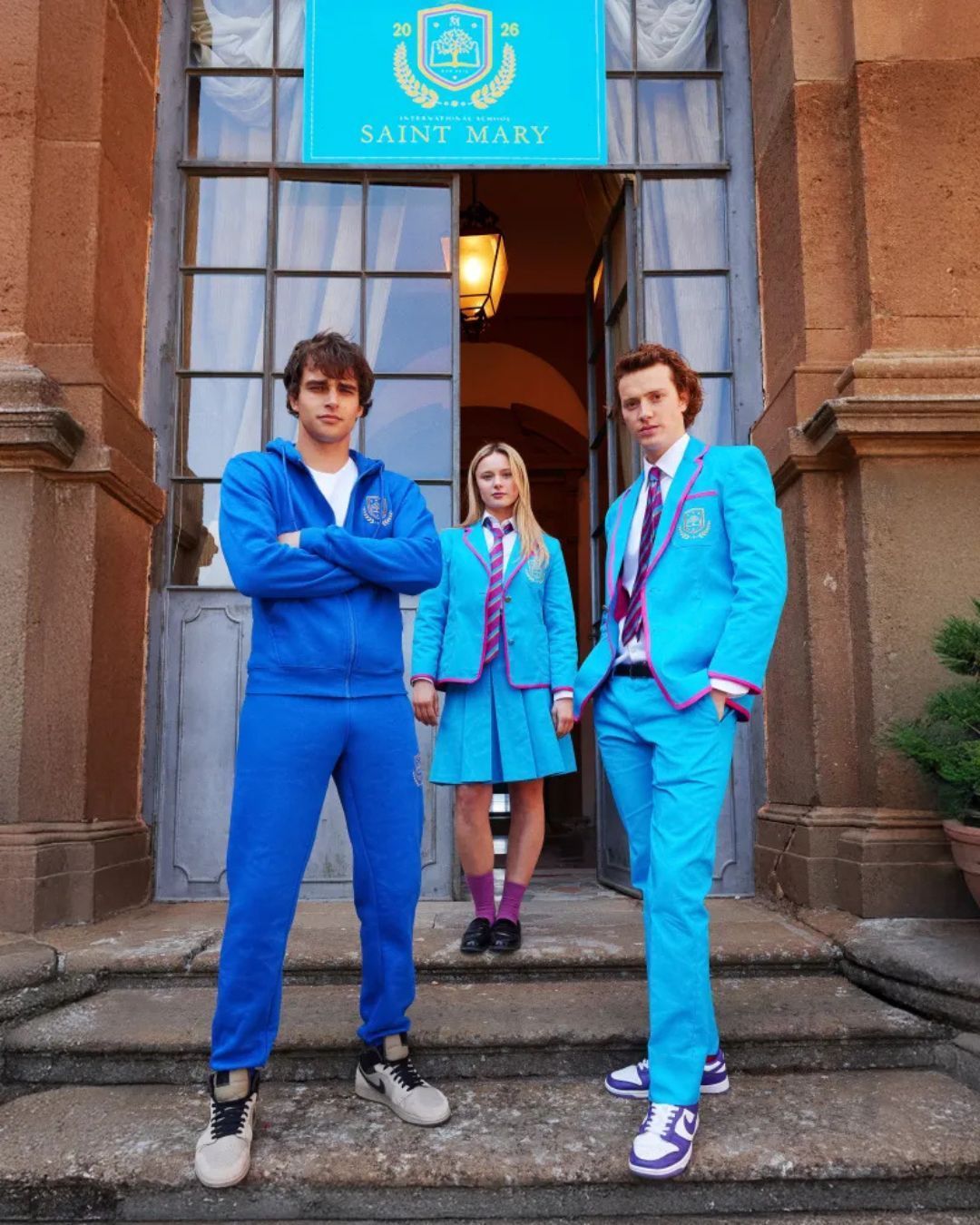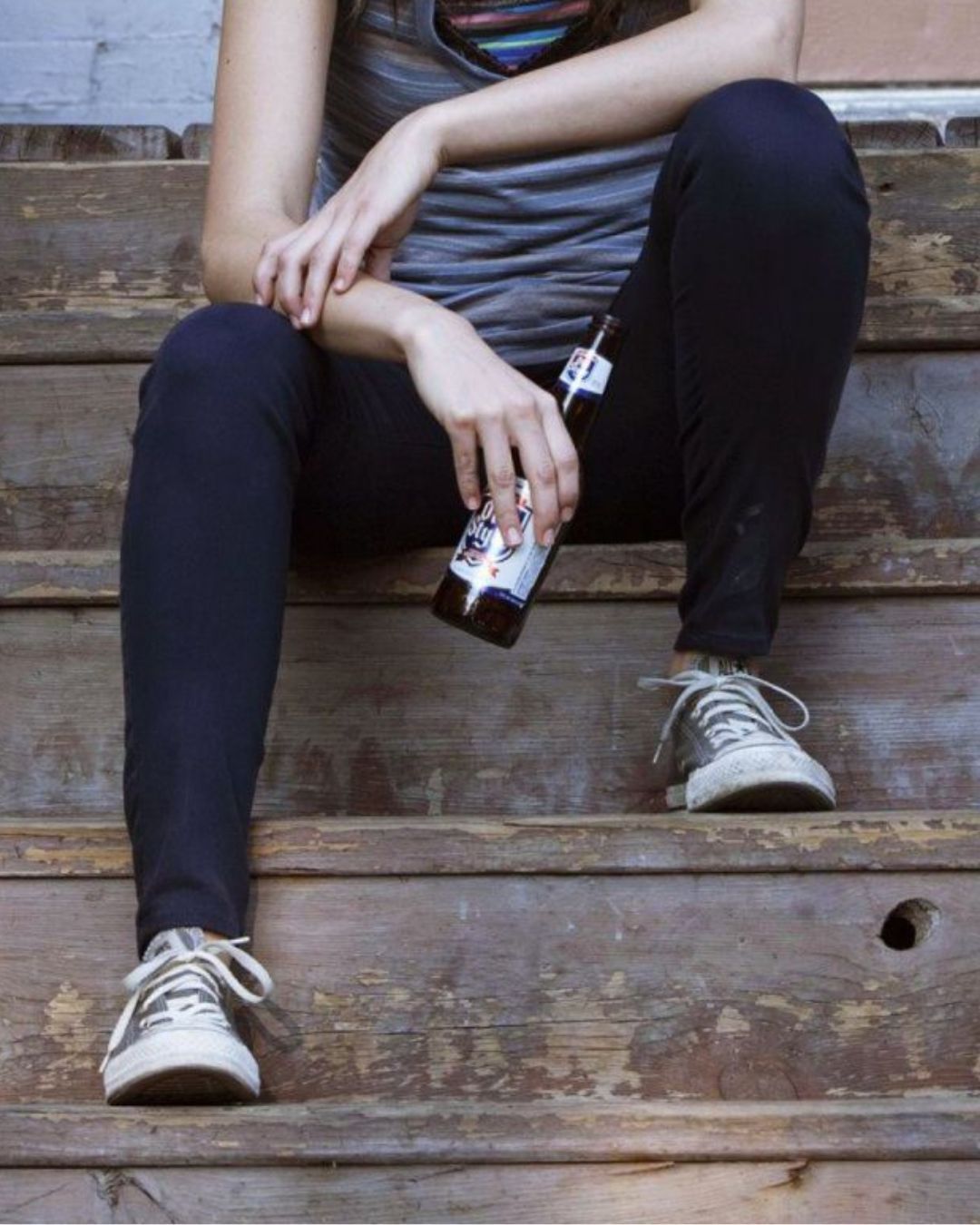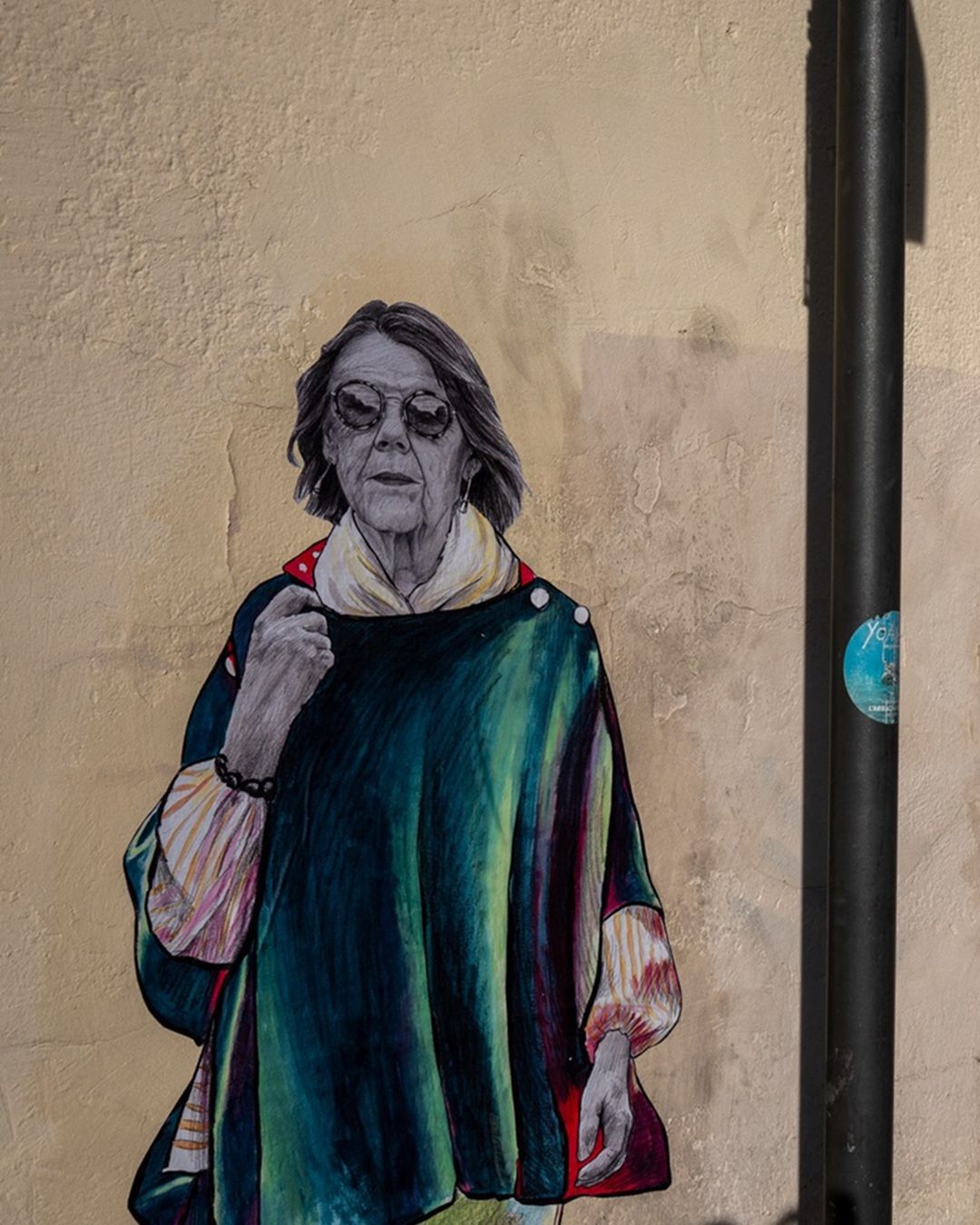
Adèle Haenel, the clear, firm voice of the #MeToo movement in France Still in 2024, we have to get up and get out
Burning in Portrait of a Lady on Fire, touching in 120 Beats Per Minute, daring in Love at First Fight, Adèle Haenel has long proven she deserves her place among the elite of French cinema. Beginning her career as a teenage actress with a head full of cinematic dreams, she is now a young woman with a voice and the courage to use it. Having chosen to leave the film industry behind for the cause of activism, Haenel has compelling reasons: in her life as a young actress, she has seen a lot and, above all, suffered a lot that needs to be denounced loud and clear. In 2020, her departure from the César Awards ceremony after Roman Polanski was awarded Best Director went viral online, renamed by Virginie Despentes as “we get up and get out.” Today, her sharp “shut your mouth” aimed at Christophe Ruggia during his trial for allegedly sexually assaulting her has made headlines.
@cinematographline i’m back guys !! « la honte » i agree. #romanpolanski #jaccuse #france #honte #adelehaenel #shame original sound - linouuuu
Yesterday, as the director of The Devils, accused of molesting the young actress between the ages of 12 and 14, struggled to justify the unjustifiable by claiming he was trying to “protect” her from the outside world, Haenel erupted and left the courtroom. “Who was there for this child to tell her, ‘It’s not your fault. This is manipulation. This is violence’?” she responded. “Everyone asks me to cry over Mr. Ruggia’s fate. But who cared about the child?”. A child who today, sees the man who abused her walks almost free, sentenced to a mere five years in prison (three suspended). This trial, the first of the #MeToo movement in France, follows Haenel's public revelations of the assaults in 2019, shaking an industry slow to respond compared to Hollywood. After leaving the César stage in 2020, Haenel gradually exited the film industry, dedicating herself to activism and projects led by those outside what she describes as “an oppressive system where sexism persists.” “The powerful continue to oppress us,” she explained, “Rapists are still rewarded, and they expect me to stay silent? Never.”
« Je suis alerte et consciente quand il me parle de ses relations avec Adèle Haenel je note l’absence d’Adele dans sa vie alors qu’elle est omniprésente qu’il dit l’avoir adorée mais elle n’est pas là et quand je lui demande son excuse est fumeuse »
— Marion Dubreuil (@MarionDub) December 10, 2024
In a world and industry far from being all rosy and benevolent, Adèle Haenel is not alone in fighting sexual abuse. Numerous allegations have rocked the film sector in recent years, including those against Gérard Depardieu, set to stand trial in March for allegedly assaulting two women on a film set in 2021. While Haenel alone might symbolize the fight against sexism in French cinema, other determined figures join her cause. Such is the case of Judith Godrèche, who this year claimed to have been sexually abused by directors Benoît Jacquot and Jacques Doillon when she was just a teenager. While not all heroines wear capes, not all assailants wear electronic bracelets. So let's hope that these figures of contemporary feminism, their stories and their accusations will ensure that justice is done, but above all that this idea of ‘I have power, therefore I am’ disappears forever. The road is long and winding, but the hope of a tolerable world for ambitious women is at the end of it.


